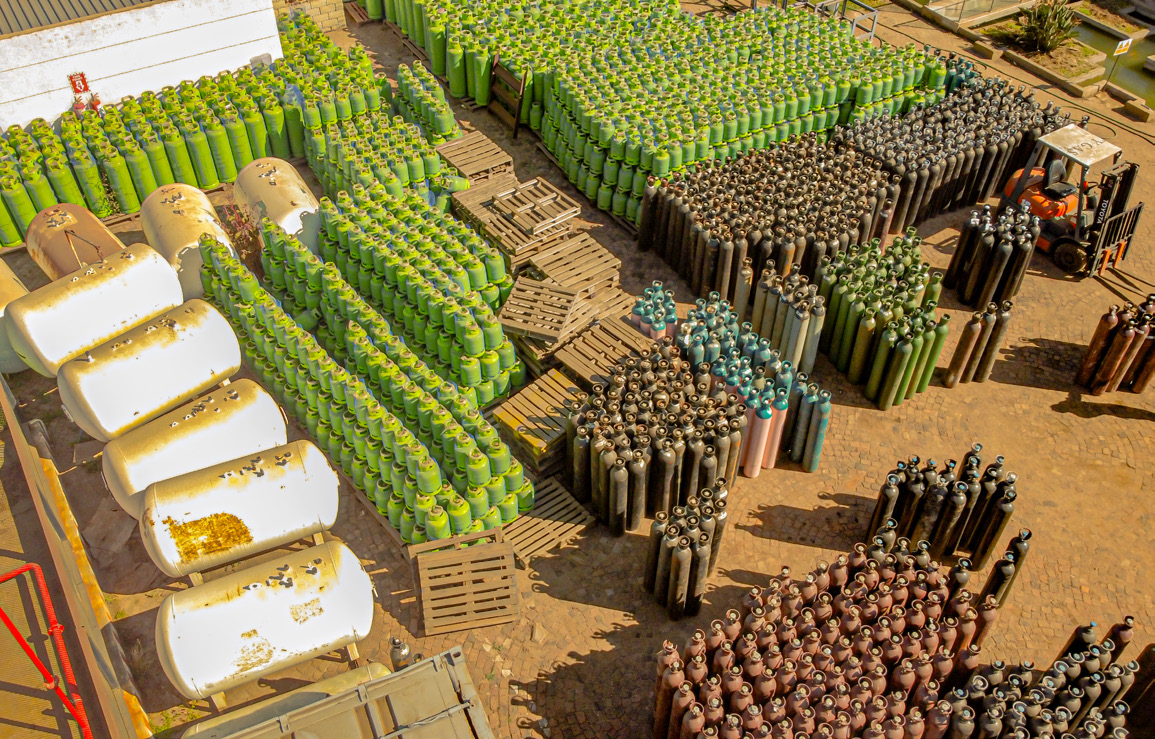CONSUMPTION of liquefied petroleum gas (LPG) for domestic purposes has increased nearly 14-fold in Zimbabwe since 2012, from around five million kilogrammes (kg) per annum to the current 70 million kilogrammes.
According to the Zimbabwe Energy Regulatory Authority (Zera), this significant shift reflects the growing preference for LPG as a cleaner and more efficient cooking and heating fuel.
In an interview with The Sunday Mail on the sidelines of Zera’s pre-strategy review meeting recently, the regulator’s chief executive officer, Mr Edington Mazambani, said: “Consumption of LP gas is improving significantly. When we started the statistics in 2012, we were consuming about five million kilogrammes, now, we are upwards of 70 million kilogrammes per annum.
“This year, our consumption is in excess of 70 million kilograms, up from last year when we were just below 70 million kilogrammes.” He attributed the growth in LPG consumption to extensive training and awareness campaigns conducted by the regulator about the safe and efficient use of the fuel.
“We have had a deliberate approach to encourage the use of LP gas as a source of energy for heating and cooking. “We started off by training users of LPG on safe use because there was a misconception that gas is dangerous to use,” said Mr Mazambani. “We had to demystify and encourage people that if you use the gas safely, it can be a good source of energy.
“We then went further and encouraged the players through training at commercial and retail levels, focusing on the issue of safety, but at the same time also conscientising both players and consumers that LPG is a better source of energy.” By transitioning to LPG, he said, Zimbabwe could reduce its electricity consumption by up to 60 percent.
While the rise in LPG use has brought numerous benefits, it has also led to concerns about the proliferation of substandard LPG storage cylinders. Zera has since confiscated over 300 non-branded gas cylinders and is working with law-enforcement agencies to prevent their distribution.
“We have also seen the proliferation of a lot of unlicensed operators, We are actually working with law-enforcement agencies to deal with this,” Mr Mazambani said.

